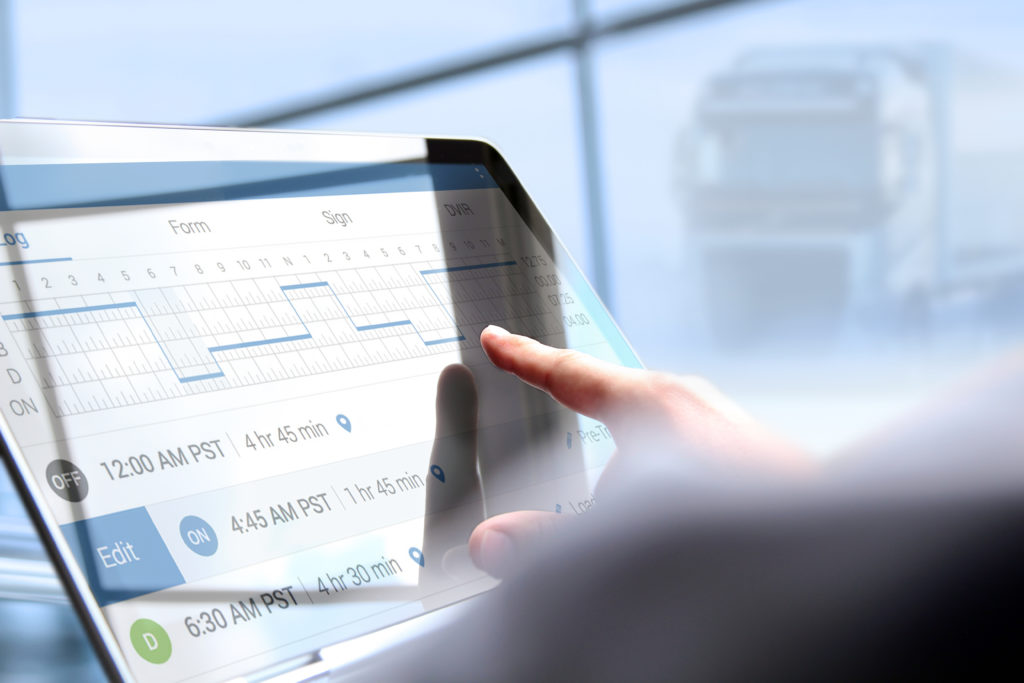Telematics and software companies are working together to boost their outreach, capability possibilities, and organization sizes as consolidation has been resulting in massive changes across technology throughout the trucking world.
As this expansion continues and technology advances, transportation tech startup numbers have been growing steadily. Even technology vendors that have been in the transportation sector for a while have been buying out these newbies to maintain their competitive edges and continue improving their products.
Not only do these vendors often purchase startups and integrate their newer ideas into their business models, but they will also bring in a variety of fleet management tech capabilities like back-office software, vehicle telematics, and workflow apps as well as routing, navigation, and onboard camera software.
With new methods of trucking safety technology emerging into the industry all the time, established vendors can either find ways to create their own versions of these new programs or buy out another company that has been making waves with a particular new method. Typically, purchasing a small company or startup is a much easier and faster solution to stay on top of the tech game than developing a copycat software.
“It’s sometimes easier to acquire technology that’s already winning in the marketplace and [that] complements what you’re doing and adds to your bevy of tools,” said Trimble Transportation senior vice president, James Langley.
Trimble followed these acquisition methods, beginning with its purchase of PeopleNet in 2011. These mergers led to Trimble becoming a global navigation and tracking tech provider for fleets across the continent, allowing it to continue buying other smaller tech firms including ALK Technologies, Kuebix, TMW Systems, and 10-4 Systems.
Now, Trimble is able to provide services for fleets such as real-time sensor data, geospatial routing and navigation, and fleet management software for a company’s back office. According to Langley, these added capabilities coming together with longer-used technologies are making it easier for the industry to remedy difficulties regarding on-time, in-full deliveries and driver detention times.
“If you’re trying to work towards a more connected supply chain to make it more efficient, you’re connecting the driver to the back office to the shipper,” he said. “Fundamentally, that’s the way we [believe] you can solve these workflow challenges and make the industry more efficient as a whole.”
New federal mandates within the industry have led to increased technology demand as well, therefore bringing about even more tech startups–such as when the electronic logging device mandate came into play.
As federal guidelines and expected capabilities keep changing, companies like Descartes, a logistics and supply chain software provider throughout the globe, make frequent and strategic acquisitions on a regular basis to stay up-to-date and competitive.
Descartes has acquired more than 40 companies throughout the last decade and a half.
“We’re driven to help the industry by bringing together the processes, network, and data that [are] needed to completely automate the movement of shipments,” said Edward Ryan, CEO of Descartes. “Companies focused on building from the ground up often need longer research and development cycles to bring technology to market, bet it, and gain market trust not only for the product but for the company as well. In an environment with quickly shifting business needs, time is at a premium, and for some transportation organizations, consolidation may afford the opportunity to operationalize technologies faster.”
Omnitracs, a provider of trucking telematics that branched off from Qualcomm in 2013, has become a major name within video telematics by acquiring tech firms like XRS Corp. and Roadnet Technologies, as well as video-focused safety tech provider, SmartDrive Systems.
“The primary interest for me in acquiring SmartDrive is the recognition that behavioral event processing is in its early infancy of adoption in the industry,” said CEO of Omnitacs, Ray Greer. “It’s becoming a standard for how to drive safe practices in the industry, specifically the intention of reducing the frequency of accidents as well as the severity of accidents.”
According to Gartner Inc.’s vice president of research, Bart De Muynck, mergers and acquisitions have been on a steep incline in the last few years within the entire fleet telematics sector. Verizon Connect was a perfect example in 2016 when it acquired Telogis and Fleetmatics. Many other telematics vendors have also been integrating trucking tech at the factory level by creating partnerships with vehicle manufacturers.

Reader Interactions